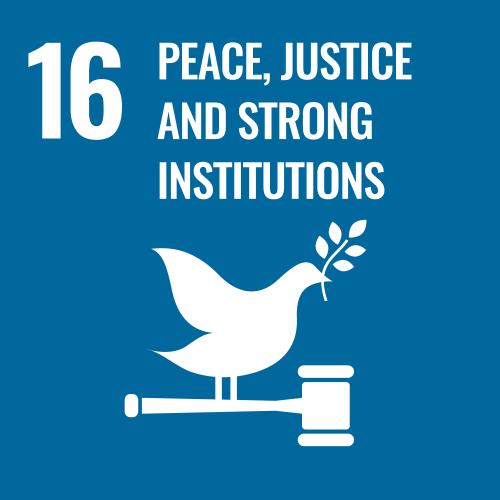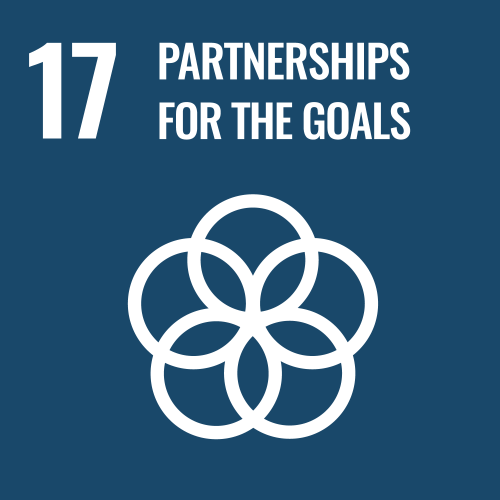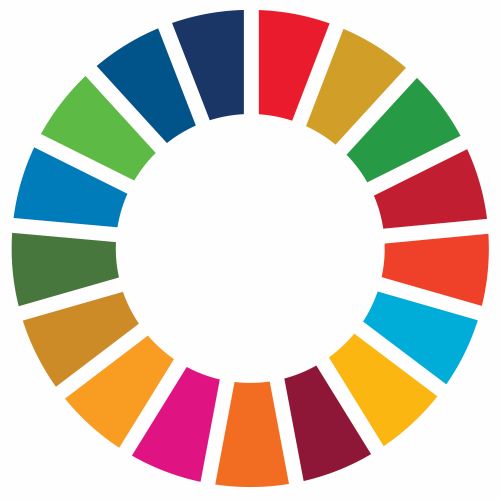
26/08/2025
Specialists from the Spanish National Police are working with their Angolan counterparts to investigate complex cases of money laundering and terrorist financing as part of the European SecFin project.
Angola faces structural challenges in dealing with illicit financial flows, particularly those linked to crimes such as corruption, tax fraud and illegal mining. According to the 2022 assessment carried out by the Eastern and Southern Africa Anti-Money Laundering Group (ESAAMLG) in 2022, the country has significant deficiencies in the effectiveness of its anti-money laundering and counter-terrorist financing system, especially in financial investigation and asset confiscation.
Due to this situation, Angola was included in the FATF (Financial Action Task Force) grey list in October 2024. In response to this situation, the authorities have adopted measures to reform the legal framework and strengthen institutional coordination in accordance with FATF standards. This work will be carried out within the framework of the European SecFin project, which aims to ensure a solid framework for combating illicit financial flows in sub-Saharan Africa.
The Angolan capital, Luanda, hosted a technical seminar on investigating complex cases of money laundering and terrorist financing, within the framework of SecFin. The seminar was attended by experts from the Economic and Fiscal Crime Unit (UDEF) of the Spanish National Police. Coordinated by FIAP, it benefited from the active collaboration of Angola’s Financial Intelligence Unit (UIF), the Attorney General’s Office and other investigative bodies of the Ministry of Finance.
This initiative is part of the strategy of direct support between public administrations promoted by FIAP and has demonstrated the high technical compatibility between Angolan institutions and Spanish specialised bodies. In addition, during the working sessions, criminal typologies such as corruption, tax fraud and illegal mining were addressed, as well as operational tools such as cryptocurrency tracking, asset analysis and models of inter-institutional cooperation.
In the words of Tuemay Aregawi, SecFin Africa’s senior expert for southern Africa, ‘This training was designed to be practice-oriented and focused on a multi-institutional approach involving the various agencies that have a mandate to investigate or directly prosecute money laundering.’
The training has also served to strengthen technical dialogue with the Angolan authorities with a view to planning future actions, including exchange missions, and supporting Angola’s mutual evaluation process within the framework of the FATF. The activity reinforces FIAP’s commitment to strengthening institutional capacities in the fight against illicit financial flows in sub-Saharan Africa, through the mobilisation of European public expertise and a sustainable, results-oriented approach.


